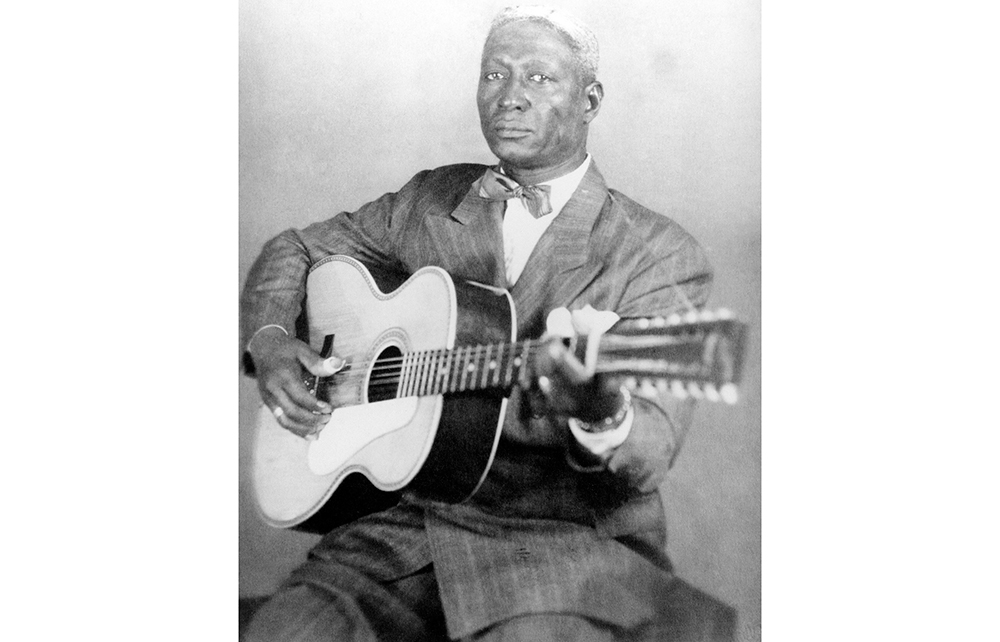Huddie Ledbetter, better known by the prison moniker Lead Belly, was a musical genius born in the southern United States just as Jim Crow laws were starting to bite. He fell foul of an unapologetically racist legal system and ended up serving on a chain gang in 1915, later doing time in state penitentiaries in Texas (1918-25), Louisiana (1930-34) and at Rikers Island in New York (1939).
Sheila Curran Bernard takes as her focus the years 1933 to 1935 when, after years of imprisonment, Ledbetter took an academic, John Lomax, to be his manager and organise his entrance into the larger musical world of northern America. She reveals for the first time what a catastrophically bad decision that was, because Lomax’s greed and racism led him to treat Ledbetter as little more than a chauffeur, making him dependent on what could be raised by passing round the hat at the end of concerts – a sum averaging, she notes, 50 cents a day.
Lomax called Ledbetter ‘my convict negro’, making him dress up in his old prison uniform, and told audiences that Ledbetter had a reputation for being drunk, irascible and violent. The newspapers went crazy: ‘Sweet Singer of the Swamplands Here to Do a Few Tunes between Homicides’ was one headline in the Herald Tribune, and as recently as 2019 the Rock and Roll Hall of Fame (to which Ledbetter was inducted in 1988) described him as ‘a man possessed with a hot temper and enormous strength’.
It was all lies. Huddie’s best friends never saw him drunk and insisted he didn’t start trouble, adding: ‘He loved children and he loved people.’ His wife described him as a gentle man. What makes him exceptional is that his musical brilliance survived 11 years within the most brutal prisons in the US. Three prisoners died in the chain gang of which he was part in May 1932.







Comments
Join the debate for just £1 a month
Be part of the conversation with other Spectator readers by getting your first three months for £3.
UNLOCK ACCESS Just £1 a monthAlready a subscriber? Log in